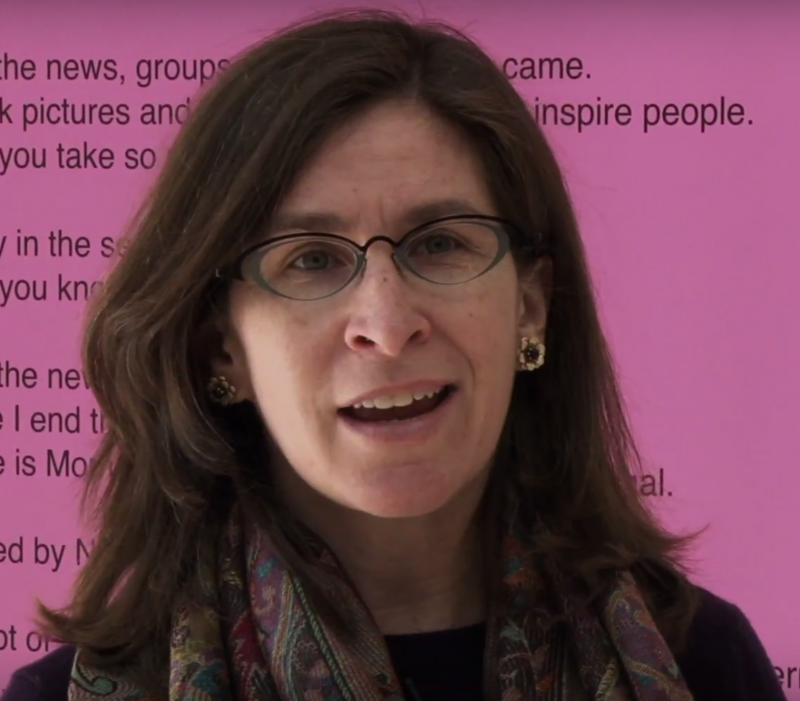Affiliation: Colgate University

Elizabeth Marlowe is Professor of Art History and Chair of the Art department Colgate University; she is also the founder and director of the program in Museum Studies. She holds degrees from Smith College, the University of Cambridge, and Columbia University (PhD). Her fields of specialization are ancient art, late antiquity, the city of Rome, Roman imperial monuments, modern uses of the classical past, museum studies, critical museum theory, the art market, cultural property, and antiquities looting and repatriation. Her publications include Shaky Ground: Context, Connoisseurship and the History of Roman Art (2013), and “Archaeology and Iconography” in the Oxford Handbook of Roman Imagery and Iconography (Cline and Elkins, eds., 2023). She has written about antiquities, repatriation and museums in venues such as Hyperallergic, The Art Newspaper, and Artnews. She is an AIA Joukowsky Lecturer for the 2024/2025 National Lecture Program season.
This talk will discuss a corpus of dozens of life-size bronze statues of Roman emperors and empresses that were looted in the 1960s at Bubon, an unexcavated site in southern Turkey, and ended up in collections across the U.S. What was lost in the process? Why – and how – are some museums resisting efforts to return these statues to Turkey today
The so-called Elgin Marbles are one of the best known cases of contested cultural objects in museums. They comprise a large group of sculptures and reliefs that were removed from the Parthenon temple in Athens by a British lord in the early 19th century. Today they reside in the British Museum. Greece has been actively seeking their return since the 1980s, and many international organizations have advocated on Greece’s behalf, including many in Britain. This talk will examine the arguments that have been made in support of the Greek case and how they have changed over time. In particular, the talk will focus on long-standing assertions about the alleged “exceptionalism” of the Parthenon sculptures, and whether such arguments help or harm the larger cause of the decolonization of museums.
This talk will recount a recently-uncovered story of an unusual, complex, decades-long antiquities investment scheme orchestrated by Royal-Athena Galleries, a prominent Manhattan-based antiquities dealer, that did not end well for most stakeholders. It will also examine the larger ethical implications of the story, raising questions about the relationship of museums to the art market. It also asks, is financial investing in art ever a good idea?
A key strategy in the fight to stop the looting of archaeological sites is to reduce the market demand for looted artifacts. To this end, in 2008, most U.S. museums ceased acquiring artifacts whose exportation from their country of origin cannot be proven either to have been legal or to have occurred prior to 1970. These well-intentioned guidelines also mean that many ancient artworks and artifacts that are already in private hands can no longer be donated to museums. What has been happening to these objects since 2008? How can we ensure their long-term care without further incentivizing looting? In this talk, I propose a possible solution grounded in partnerships between collectors, university museums, and source countries.
See Elizabeth Marlowe's work in the American Journal of Archaeology.
Notifications